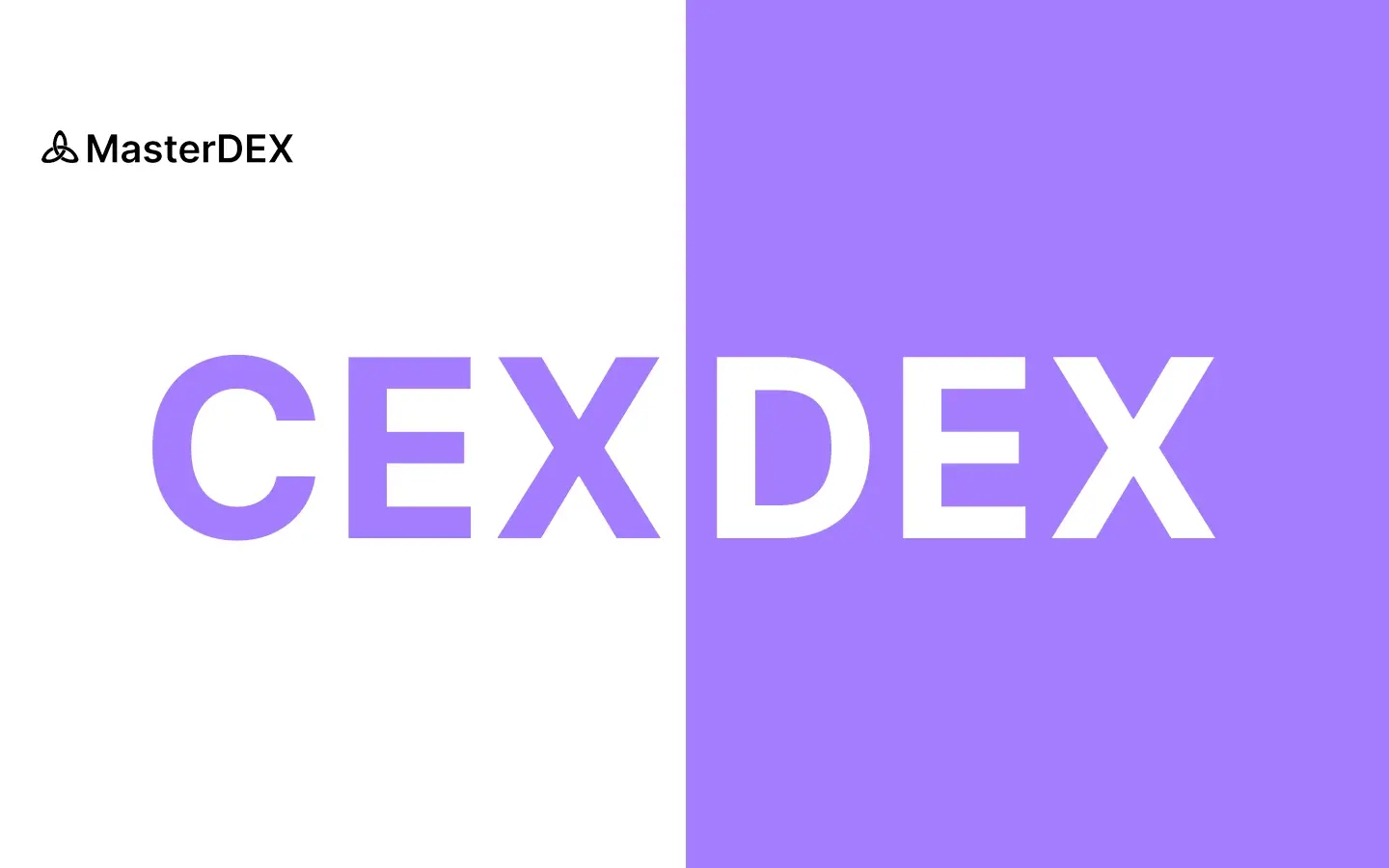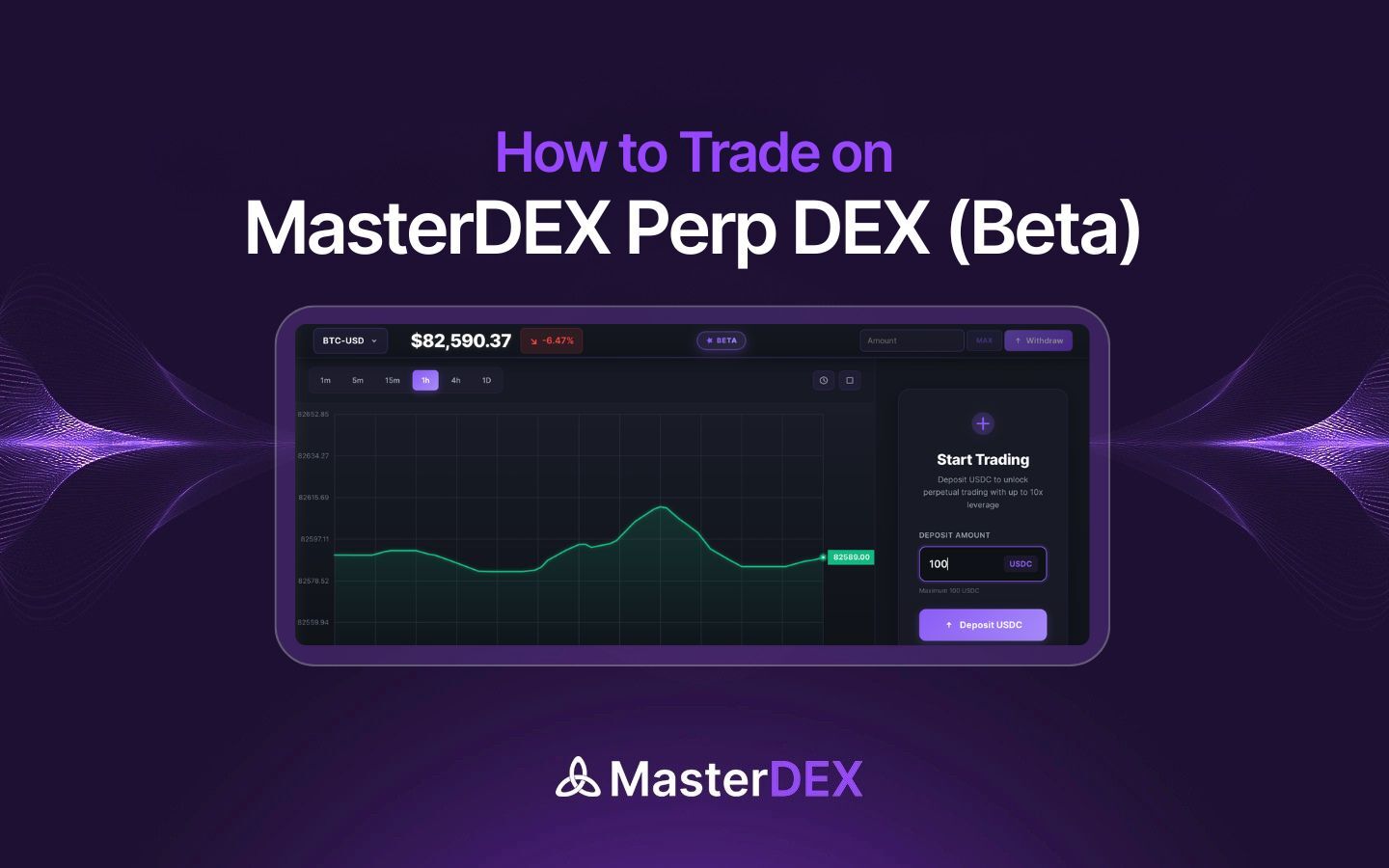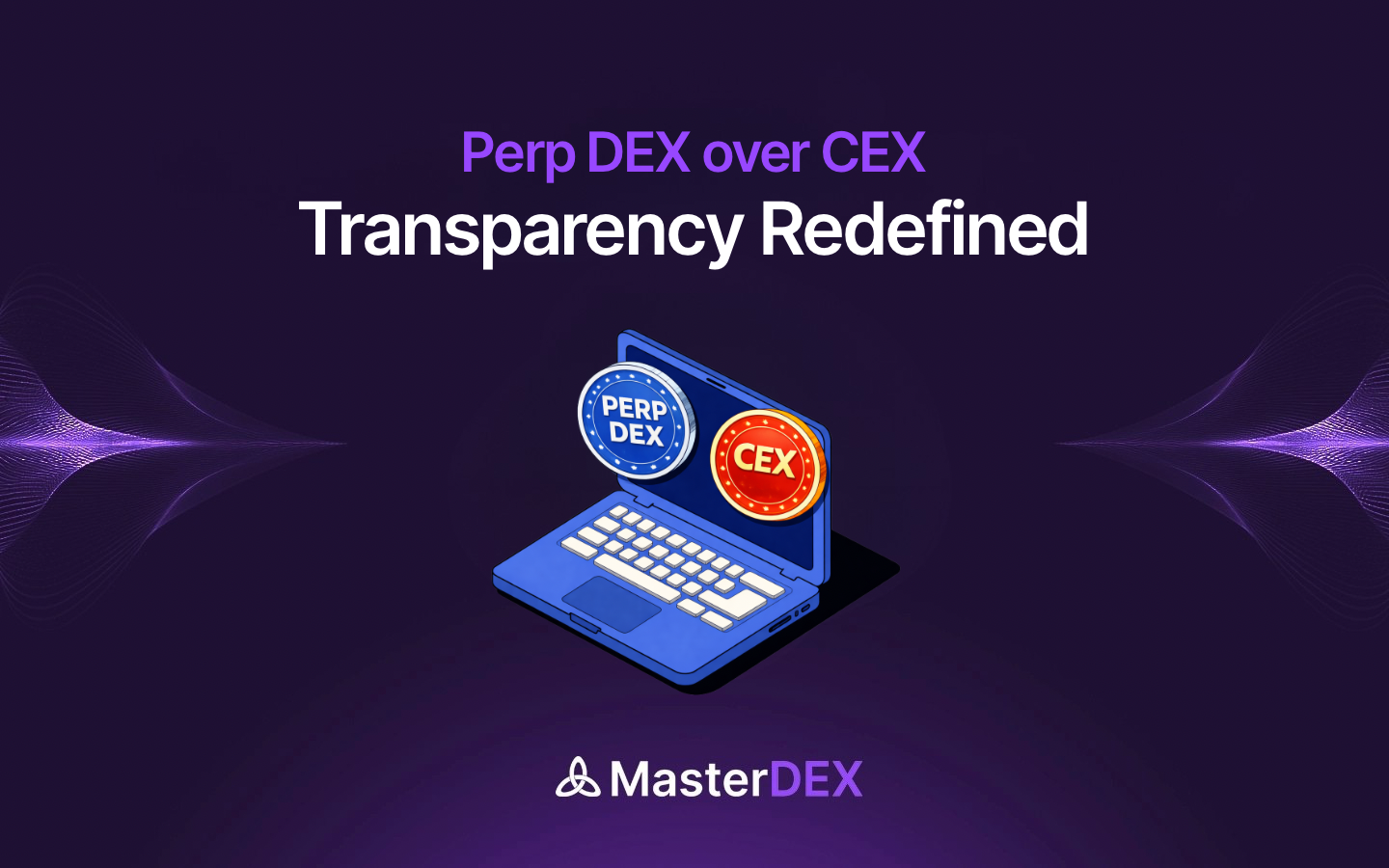The cryptocurrency market has experienced phenomenal growth over the past decade, with thousands of digital assets and blockchain projects reshaping the financial landscape. At the core of this revolution are crypto exchanges—platforms that enable traders and investors to buy, sell, and exchange digital currencies. However, not all exchanges operate the same way, and they are far from being a one-size-fits-all solution.
Crypto exchanges can broadly be categorized into two types: Centralized Exchange (CEX) and a Decentralized Exchange (DEX). In this article, we’ll explore the key features, benefits, and drawbacks of these two exchange models, as well as their respective roles in the ever-evolving crypto ecosystem.
Table of Contents:
ToggleWhat Are Centralized Exchanges (CEXs)?
Centralized exchanges (CEXs) serve as key intermediaries in the cryptocurrency market, facilitating the buying, selling, and trading of digital assets. Much like traditional stock exchanges, CEXs rely on internal order books to match buyers and sellers, streamlining transactions and ensuring efficiency. To function, these platforms hold users’ funds in custody, meaning users trust the exchange to securely store and manage their assets.
Prominent examples of centralized exchanges include Coinbase, BingX, Kraken, etc. These platforms are particularly popular for their ease of use, comprehensive asset offerings, and beginner-friendly features, making them the go-to choice for many crypto enthusiasts.
Advantages of Centralized Exchanges
Centralized exchanges offer several distinct advantages that have contributed to their widespread adoption:
- High Liquidity: CEXs typically have large user bases, which translates to higher liquidity. This ensures that trades are executed quickly and at stable prices, minimizing slippage.
- User-Friendly Interfaces: Designed with accessibility in mind, these platforms offer intuitive interfaces that simplify trading, even for newcomers.
- Customer Support and Recovery Options: CEXs often provide dedicated customer support to assist users with issues such as account recovery, making them a safer option for those new to crypto.
Disadvantages of Centralized Exchanges
While CEXs have many benefits, they also come with notable drawbacks that users should consider:
- Security Risks: Since CEXs hold large reserves of user funds, they are prime targets for cyberattacks. High-profile incidents like the Mt. Gox hack underscores the vulnerabilities of centralized storage. To mitigate risks, users should adopt strong security practices, such as creating unique passwords, enabling two-factor authentication (2FA), and being vigilant against phishing attempts.
- Regulatory Limitations: Operating within strict regulatory frameworks, CEXs often require extensive identity verification processes, such as Know Your Customer (KYC) and Anti-Money Laundering (AML) checks. While these measures enhance compliance, they can compromise user privacy and restrict certain activities.
What are Decentralized Exchanges (DEXs)?
Decentralized exchanges (DEXs) are cryptocurrency trading platforms that enable users to trade directly with one another without relying on a central authority or intermediary. Unlike traditional exchanges that use an order book system, DEXs operate on blockchain networks and leverage smart contracts to automate and secure transactions. The most common model for DEXs is the Automated Market Maker (AMM), though other models exist as well.
Popular decentralized exchanges such as MasterDEX, Uniswap, PancakeSwap, and have become key players in the DeFi ecosystem, offering unique advantages and challenges for users.
Advantages of DEXs
Decentralized exchanges come with several benefits that align with the core principles of blockchain and decentralization:
- Enhanced Privacy and Anonymity: Unlike centralized exchanges, DEXs do not require personal information or identity verification, allowing users to trade with complete anonymity.
- User Control Over Funds and Private Keys: In DEXs, users maintain full custody of their assets. Transactions are executed directly from self-custody wallets, eliminating the need to entrust funds to a third party.
- Lower Transaction Fees: When network conditions are favorable, DEXs often provide lower trading fees compared to centralized exchanges, making them cost-effective.
Disadvantages of DEXs
Despite their benefits, decentralized exchanges also have limitations that may impact user experience:
- Lower Liquidity: Compared to centralized exchanges, DEXs generally have smaller user bases and lower liquidity. This can result in price slippage and slower trade execution, particularly for larger transactions.
- Complexity and Technical Knowledge: Using a DEX requires a solid understanding of wallet management, blockchain transactions, and gas fees. This learning curve can be intimidating for beginners.
- Lack of Customer Support: Since DEXs operate without a central authority, there is no customer service to assist with lost funds, technical issues, or other problems, leaving users fully responsible for their actions.
Key Differences Between DEX and CEX
When comparing centralized exchanges (CEXs) and decentralized exchanges (DEXs), several factors highlight their fundamental differences. Understanding these distinctions is crucial for making informed decisions about which platform aligns with your trading goals and preferences.
Custody
- CEX: Centralized exchanges hold custody of users’ funds and private keys. This means users must trust the exchange to safeguard their assets. While this custodial model simplifies access and usability, it also creates potential risks, such as hacking or mismanagement by the exchange.
- DEX: Decentralized exchanges empower users to maintain full control over their assets and private keys. Transactions are conducted directly from self-custody wallets, significantly reducing the risk of large-scale breaches associated with centralized platforms.
User Experience
- CEX: Known for their intuitive and beginner-friendly interfaces, centralized exchanges offer a wide array of tools designed for traders at all levels. Their accessibility and convenience make them a popular choice for new entrants to the crypto space.
- DEX: Decentralized exchanges prioritize security and decentralization, often at the expense of simplicity. Their interfaces may seem complex, especially for beginners, requiring users to navigate wallets, gas fees, and blockchain mechanics.
Liquidity
- CEX: Centralized exchanges benefit from large user bases and institutional trading activity, resulting in higher liquidity. This translates to narrower bid-ask spreads and faster trade execution, making them ideal for high-volume traders.
- DEX: Liquidity on DEXs can vary depending on the platform and trading pair. While some leading DEXs offer substantial liquidity, others struggle with wider spreads and slower execution, particularly for less popular tokens.
Security
- CEX: Centralized platforms centralize user data and funds, which makes them lucrative targets for cyberattacks. High-profile hacks in the past underscore these vulnerabilities. Despite efforts to improve security, users must rely on the exchange’s measures to protect their assets.
- DEX: The decentralized nature of DEXs provides enhanced security. With users retaining control of their funds and private keys, the risk of large-scale breaches is significantly reduced. However, users must ensure they use reputable platforms such as MasterDEX and secure their wallets effectively.
Regulation
- CEX: Operating within regulatory frameworks, CEXs often require identity verification through Know-Your-Customer (KYC) and Anti-Money Laundering (AML) processes. While this ensures legal protections, it also introduces limitations and reduces privacy for users.
- DEX: DEXs generally operate outside traditional regulatory oversight, offering greater freedom and anonymity. However, this lack of regulation may result in fewer legal protections for users, leaving them to navigate risks independently.
Privacy
- CEX: Centralized exchanges typically require extensive personal information from users to comply with regulatory standards. This compromises user privacy and anonymity, making them less appealing to privacy-conscious traders.
- DEX: Decentralized exchanges prioritize user privacy by allowing anonymous trading. Transactions occur without identity verification, providing enhanced confidentiality for users who value discretion.
Speed and Efficiency
- CEX: Centralized exchanges excel in speed and efficiency, with near-instantaneous trade execution thanks to their robust infrastructure. This makes them suitable for high-frequency traders who need to act quickly.
- DEX: Decentralized exchanges may exhibit slower transaction speeds due to blockchain limitations and network congestion. While they prioritize security and transparency, this can come at the cost of efficiency.
Key Differences at a Glance
| Aspect | CEXs | DEXs |
| Custody | Exchange holds custody of funds and keys. | Users control their own funds and keys. |
| User Experience | Beginner-friendly and intuitive. | Complex and requires technical knowledge. |
| Liquidity | High liquidity and faster trades. | Liquidity varies; slower for large trades. |
| Security | Centralized; prone to cyberattacks. | Decentralized; enhanced security. |
| Regulation | Regulated with KYC/AML requirements. | Unregulated; offers more freedom. |
| Privacy | Less private; requires personal info. | Private; no identity verification needed. |
| Speed | Faster transaction execution. | Comparatively lower due to blockchain limits. |
The Bottom Line
Both centralized exchanges (CEXs) and decentralized exchanges (DEXs) are essential pillars of the cryptocurrency ecosystem, each serving distinct purposes. CEXs act as a gateway for many newcomers, offering user-friendly interfaces, a wide range of features, and high liquidity. These platforms are particularly attractive to institutional investors and traders who need advanced tools and efficient order execution. Additionally, CEXs serve as a bridge between traditional finance and the crypto world by adhering to regulatory standards and providing a familiar trading environment.
In contrast, DEXs champion the principles of decentralization and blockchain technology. They are ideal for users who prioritize privacy, security, and trustless transactions. Operating without intermediaries, DEXs empower users to maintain full control of their assets while facilitating peer-to-peer trading. As pioneers of blockchain innovation, they continue to push the boundaries of what decentralized finance can achieve. Due to these reasons crypto traders are choosing DEX over CEX.
Ultimately, the decision to use a CEX or a DEX depends on individual goals, risk tolerance, and specific trading needs. As the crypto space evolves, both exchange types will coexist, offering diverse options to meet the unique preferences of traders and crypto enthusiasts around the globe.



